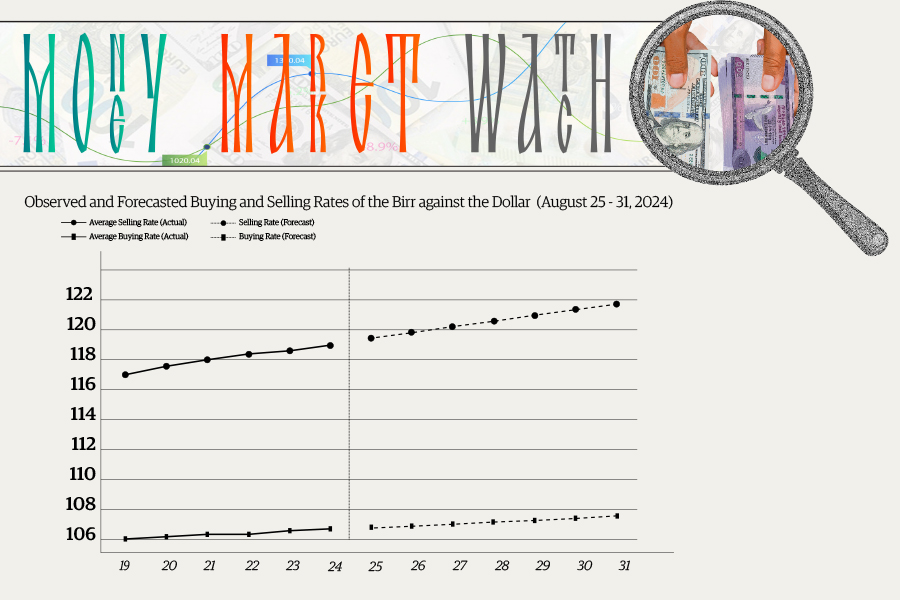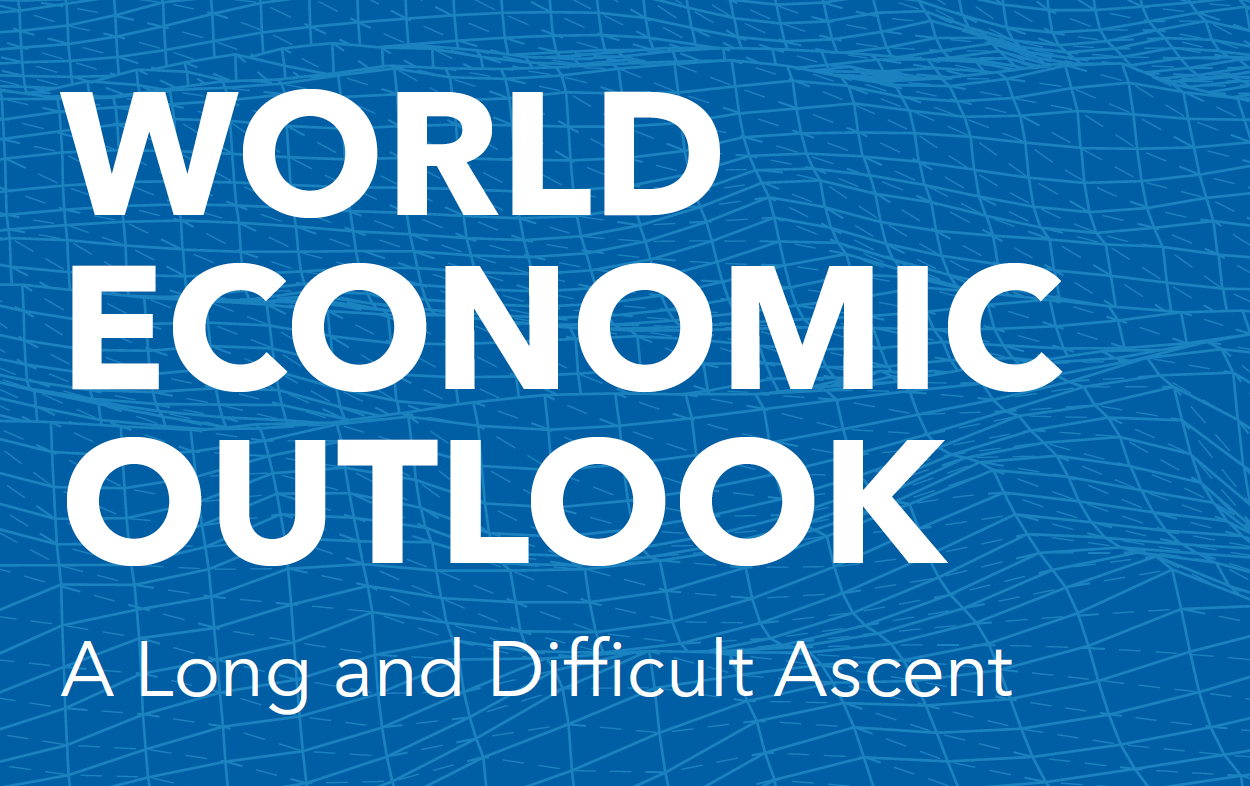
Radar | May 06,2023
Sep 18 , 2021
By Eden Sahle
When a challenge comes that affects everyone, such as a global pandemic, it hurts lower-income groups and minority groups the most. A friend of mine had to experience this first hand.
She used to be a colleague. Intelligent and diligent, her life revolved around work and home, where she lived with her parents and eight siblings. Although she is the youngest, the family depended on her for financial support as the only person from her household with a university degree.
She often complains about how heavy a burden she is carrying, which is increasing by the day. She not only supports her family financially but also has to do house chores after her office work. Her siblings, who did not make it to college, are substance abusers unable to support themselves and the family. They remained dependent on my former colleague. She is always tired, worried and sleep-deprived, looking after her family.
Recently, she was diagnosed with COVID-19 and had to isolate herself while recovering at home. The family shares a single bedroom and a living room, which makes isolating difficult for her. She stayed in the living room, wearing a mask even during her sleep to protect the family who slept next to her. But there was one more unfortunate problem: her family believed nothing prevented her from doing her regular housework.
A fight broke out when she clarified the danger of infection to all the family and that she was too sick to help around the house the usual way. The family insisted she resumes her domestic work. Unsurprisingly, everyone in the family was infected with COVID-19, which added more hassle for the young woman as she now must take care of them while being sick herself.
Her health deteriorated daily instead of getting better. She was blamed for bringing the disease at home by her family, who did not even believe the pandemic was real in the first place.
Such tragedies occur in Addis Abeba, where most people consider themselves civilised. Prejudices and biases are part of most women’s everyday lives. During this pandemic, where bias hovers over almost every facet of a woman’s life, things are getting more complicated for many women paying a painful price.
It is quite common to find people look down on women and undermine their achievements. It is heart-breaking why many people continue to hurt women as if they are not dignified people. Such attitudes are more hurtful when it comes from families.
How people are raised and what they have been told as children grows with them. If it is not rejected, wherever it comes from, whether from family or society, it will continue to affect lives like it did to my former colleague. It is equally hard to comprehend the bias most people practice against women because all it takes is using our conscience; it does not even require a good education.
Some women's endurance is incredible despite the massive hardships they are passing through. All the bad and harmful traditions that have become customary can be ended if there is a public who values and respects women just because they are dignified humans.
There are a good number of women who refused to remain captive to the abuse and discrimination that is denying the rights nature and law have provided. This is encouraging for many women who are going through various tragedies because of their gender. Equality will not come by itself, but when families and societies actively seek it by reflecting on their everyday life. As individuals and part of society, we all have a responsibility to collaborate to end biases of any kind.
As adults we always get to select how we see, react and value things. We need to begin to think the right way as it benefits us the most. Society needs to stop the enabling role of discrimination and disapprove of wrongful perceptions for the betterment of our country.
Parental irresponsibility has devastating, long-lasting and generational impacts on children and their future families. What happened to my former colleague is a common thread running through many Ethiopian families. This is the consequence of refusing to respect women's rights. This can only be addressed by adjusting wrongful views and not doing what we do not want to be done to us by others.
PUBLISHED ON
Sep 18,2021 [ VOL
22 , NO
1116]

Radar | May 06,2023

Sunday with Eden | Mar 27,2021

Life Matters | Nov 14,2020

Money Market Watch | Aug 25,2024

My Opinion | Oct 24,2020

Radar | Feb 19,2022

Radar | Oct 24,2020

Covid-19 | Oct 13,2020

Sunday with Eden | Dec 14,2019

Editorial | Jul 05,2025

Photo Gallery | 177044 Views | May 06,2019

Photo Gallery | 167258 Views | Apr 26,2019

Photo Gallery | 157856 Views | Oct 06,2021

My Opinion | 136950 Views | Aug 14,2021

Dec 22 , 2024 . By TIZITA SHEWAFERAW
Charged with transforming colossal state-owned enterprises into modern and competitiv...

Aug 18 , 2024 . By AKSAH ITALO
Although predictable Yonas Zerihun's job in the ride-hailing service is not immune to...

Jul 28 , 2024 . By TIZITA SHEWAFERAW
Unhabitual, perhaps too many, Samuel Gebreyohannes, 38, used to occasionally enjoy a couple of beers at breakfast. However, he recently swit...

Jul 13 , 2024 . By AKSAH ITALO
Investors who rely on tractors, trucks, and field vehicles for commuting, transporting commodities, and f...

Oct 18 , 2025
The political establishment, notably the ruling party and its top brass, has become p...

Oct 11 , 2025
Ladislas Farago, a roving Associated Press (AP) correspondent, arrived in Ethiopia in...

Oct 4 , 2025
Eyob Tekalegn (PhD) had been in the Governor's chair for only weeks when, on Septembe...

Sep 27 , 2025
Four years into an experiment with “shock therapy” in education, the national moo...

Oct 18 , 2025 . By NAHOM AYELE
In a sweeping reform that upends nearly a decade of uniform health insurance contribu...

A bill that could transform the nutritional state sits in a limbo, even as the countr...

Oct 18 , 2025 . By SURAFEL MULUGETA
A long-planned directive to curb carbon emissions from fossil-fuel-powered vehicles h...

Oct 18 , 2025 . By BEZAWIT HULUAGER
Transaction advisors working with companies that hold over a quarter of a billion Bir...